The AI-powered development assistance landscape faces a pivotal moment as Google launches Jules Tools, representing the company’s most aggressive challenge to GitHub Copilot’s market dominance. Our expert team has thoroughly analyzed this strategic product launch to help you understand how Jules Tools positions itself within the competitive developer assistance ecosystem.
Our methodology involves competitive feature analysis, market positioning assessment, and practical utility evaluation for different developer workflows. Every aspect examined provides actionable insights for determining whether this new platform delivers genuine value or simply repackages existing capabilities.
Key Evaluation Criteria:
- Autonomous development capabilities and workflow integration
- Command-line interface efficiency and developer experience
- API flexibility and ecosystem compatibility
- Pricing structure and competitive value proposition
- Market differentiation versus established competitors
- Enterprise adoption potential and scalability
We continuously monitor AI development tool evolution and update our analysis to reflect real-world deployment experiences and developer feedback.
Top Picks Overview:
- Autonomous Development Champion: Jules Tools for hands-off coding tasks
- Integration Specialist: Native CLI and API ecosystem connectivity
- Enterprise Value Leader: Scalable pricing for team collaboration
- Competitive Reality Check: Honest assessment against GitHub Copilot
Each assessment includes detailed insights into implementation strengths, potential limitations, and optimal use cases for different development scenarios.
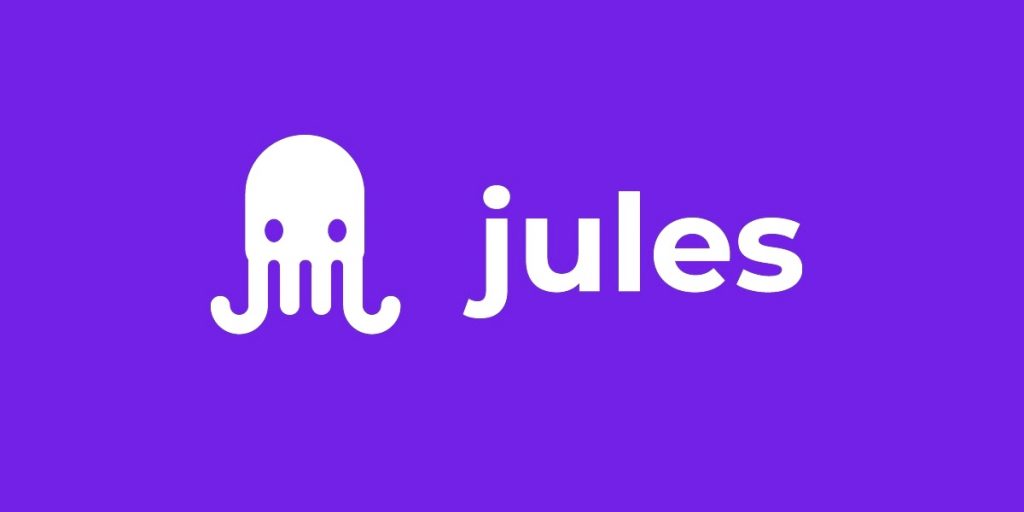
Autonomous Development Champion: Jules Tools Differentiation Strategy
Google’s Jules Tools positions itself as fundamentally different from GitHub Copilot by emphasizing autonomous task completion rather than collaborative code assistance, representing a strategic bet on hands-off development workflows.
Autonomous Execution Philosophy: Unlike GitHub Copilot’s continuous collaboration model, Jules operates independently within cloud virtual machines, planning execution strategies and completing tasks without constant developer input. This approach enables developers to delegate routine programming tasks entirely while focusing on higher-level architectural decisions.
Task Delegation Capabilities: The system accepts bounded programming assignments, creates execution plans, and delivers complete solutions including pull requests with audio summaries. Our analysis suggests this model works best for well-defined, repetitive tasks rather than exploratory development or complex problem-solving scenarios.
Workflow Integration Assessment: Jules integrates directly into existing development environments through CLI commands like jules remote new --repo, enabling seamless task delegation without switching contexts. This native integration addresses developer productivity concerns about tool-switching overhead that plague many AI assistance platforms.
Practical Utility Evaluation: The autonomous approach proves most valuable for maintenance tasks, code refactoring, documentation generation, and routine feature implementation. Complex architectural decisions or creative problem-solving still require human oversight, limiting Jules to supporting rather than replacing developer judgment.
Integration Specialist: CLI and API Ecosystem Connectivity
Google’s decision to provide both command-line interface and public API access demonstrates understanding of diverse developer workflow preferences and enterprise integration requirements.
CLI Implementation Excellence: The native terminal integration allows developers to invoke Jules using familiar command patterns without leaving their preferred development environment. This approach reduces friction compared to web-based or IDE-specific tools that interrupt established workflows.
API Flexibility Assessment: The public API enables integration with VSCode, CI/CD pipelines, Slack, and custom development tools. Early internal testing at Google suggests robust performance, though third-party developer adoption will ultimately determine integration quality and reliability.
Developer Experience Optimization: The CLI design prioritizes muscle memory preservation, allowing experienced developers to incorporate AI assistance without relearning interaction patterns. This thoughtful approach addresses common adoption barriers that prevent developer tool uptake.
Ecosystem Compatibility: Integration capabilities with existing development infrastructure provide competitive advantages over standalone AI tools that require workflow modifications. The API-first approach enables custom implementations that fit specific team requirements.
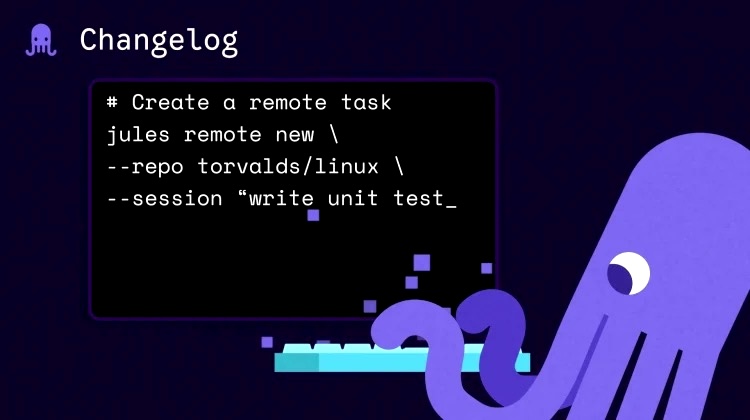
Enterprise Value Leader: Pricing Strategy and Market Positioning
Google’s tiered pricing structure demonstrates strategic understanding of different developer market segments while positioning Jules as both individual and enterprise solution.
Pricing Structure Analysis:
- Free tier: 15 tasks daily for individual developers
- Google AI Pro ($19.99/month): 5x capacity increase for professional use
- Google AI Ultra ($124.99/month): 20x capacity for enterprise teams
Value Proposition Assessment: The pricing strategy targets GitHub Copilot’s enterprise dominance by offering transparent capacity scaling rather than feature limitations. This approach may appeal to organizations requiring predictable AI assistance costs without functionality restrictions.
Enterprise Adoption Considerations: The “multi-agent workflows” capability suggests Google recognizes enterprise development teams require coordinated AI assistance across complex projects. However, success depends on demonstrating clear ROI advantages over established GitHub Copilot enterprise relationships.
Market Penetration Challenges: Despite competitive pricing, Google faces significant challenges displacing GitHub Copilot’s 20 million users and 77,000 business customers who have already integrated AI assistance into established workflows.
Competitive Reality Check: GitHub Copilot Market Dynamics
Google’s Jules Tools enters a market where GitHub Copilot has established significant competitive advantages through Microsoft’s integrated development ecosystem and first-mover benefits.
Market Share Realities: GitHub Copilot’s dominance reflects both superior market timing and ecosystem integration advantages that Jules must overcome. The 20 million user base creates network effects and switching costs that challenge new entrants regardless of technical capabilities.
Differentiation Necessity: Jules’s autonomous approach represents genuine differentiation rather than feature replication, though market success requires proving autonomous development provides superior value compared to collaborative assistance models.
Enterprise Adoption Barriers: Established GitHub Copilot enterprise relationships create switching costs beyond simple feature comparison. Organizations must justify disrupting proven workflows for uncertain benefits, creating high adoption barriers for challenger platforms.
Ecosystem Integration Advantages: Microsoft’s ownership of both GitHub and VSCode provides integrated ecosystem benefits that Google cannot easily replicate, despite API compatibility and CLI integration efforts.
Developer Productivity Impact Analysis
The fundamental question surrounding Jules Tools involves whether autonomous development assistance provides superior productivity gains compared to collaborative AI models.
Task Suitability Assessment: Autonomous development excels for bounded, well-defined tasks but struggles with ambiguous requirements or creative problem-solving. Developers must carefully evaluate which aspects of their workflow benefit from delegation versus collaboration.
Context Switching Reduction: Jules’s promise to minimize context switching addresses genuine developer pain points, though effectiveness depends on task complexity and the quality of autonomous execution rather than requiring iterative refinement.
Quality Assurance Considerations: Autonomous code generation requires robust review processes to ensure output quality meets production standards. Organizations must develop validation workflows that maintain code quality while capturing productivity benefits.
Strategic Recommendations for Different Developer Types
Individual Developers: The free tier provides low-risk evaluation opportunities for routine task automation, though GitHub Copilot’s collaborative model may prove more versatile for diverse development scenarios.
Small Development Teams: Google AI Pro pricing offers competitive value for teams requiring predictable AI assistance costs, particularly for organizations seeking alternatives to Microsoft ecosystem dependency.
Enterprise Organizations: The Ultra tier’s multi-agent capabilities may appeal to large teams managing complex projects, though switching costs and integration complexity require careful evaluation against established Copilot deployments.
Startup Environments: The autonomous model’s potential for rapid prototyping and maintenance task delegation could provide competitive advantages for resource-constrained teams, assuming quality assurance processes adapt appropriately.
Open Source Contributors: CLI integration and API access may enable community-driven integrations that extend Jules capabilities beyond Google’s initial implementation, creating ecosystem expansion opportunities.
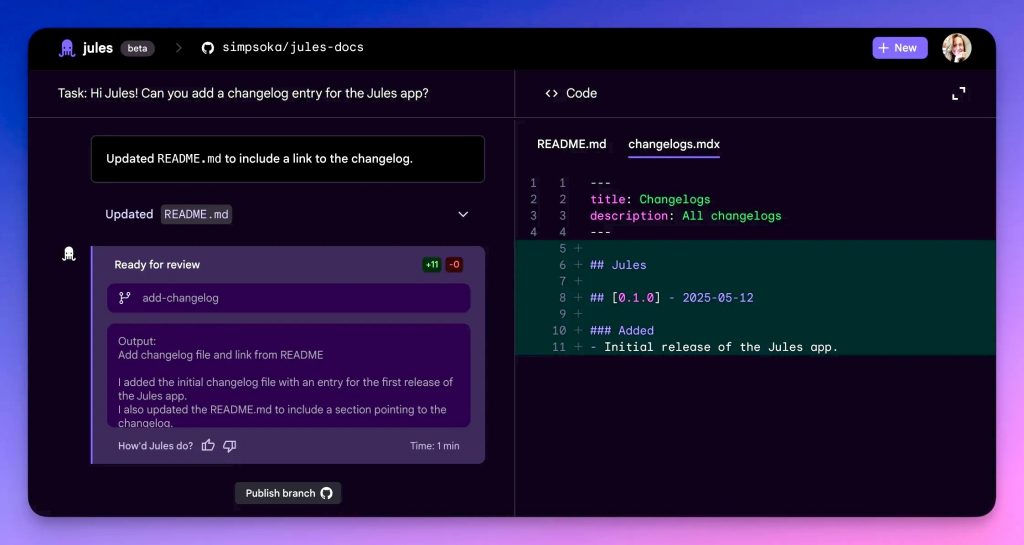
Market Evolution and Future Implications
Jules Tools represents Google’s recognition that AI development assistance markets require differentiated approaches rather than direct feature competition with established leaders.
Innovation Direction: The autonomous development focus suggests industry evolution toward specialized AI assistance models rather than monolithic collaborative platforms, potentially creating market segmentation opportunities.
Competitive Response Anticipation: Microsoft and GitHub will likely respond with enhanced autonomous capabilities or workflow integration improvements, accelerating overall market innovation regardless of Jules’s individual success.
Developer Adoption Patterns: Success depends on developer willingness to adopt delegation-based workflows versus preference for maintaining direct control over code generation processes.
Making the Right AI Development Tool Decision
Google’s Jules Tools delivers a genuinely differentiated approach to AI development assistance that challenges GitHub Copilot’s collaborative model through autonomous task execution and native workflow integration. The CLI and API access demonstrate thoughtful developer experience design while competitive pricing addresses enterprise cost concerns.
However, market success faces significant challenges from GitHub Copilot’s established ecosystem advantages, user base network effects, and proven enterprise relationships. The autonomous development model requires developers to adapt workflows toward delegation rather than collaboration, representing both opportunity and adoption barrier.
Whether Jules Tools represents the right choice depends on your development workflow preferences, willingness to experiment with autonomous assistance models, and evaluation of switching costs from established AI development tools. Developers seeking hands-off automation for routine tasks will find compelling value, while those preferring collaborative assistance may find GitHub Copilot’s interactive model more suitable for diverse development scenarios.

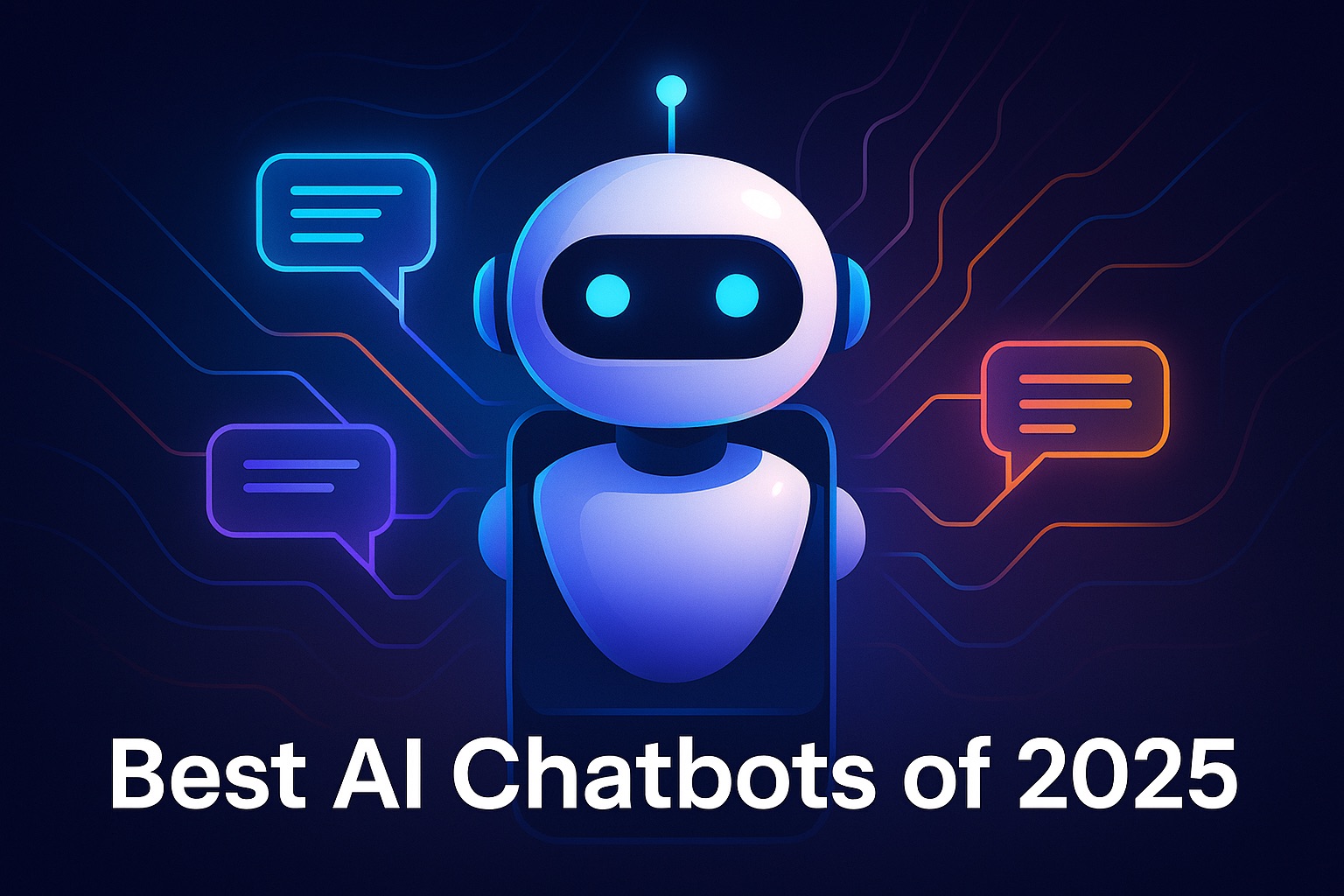
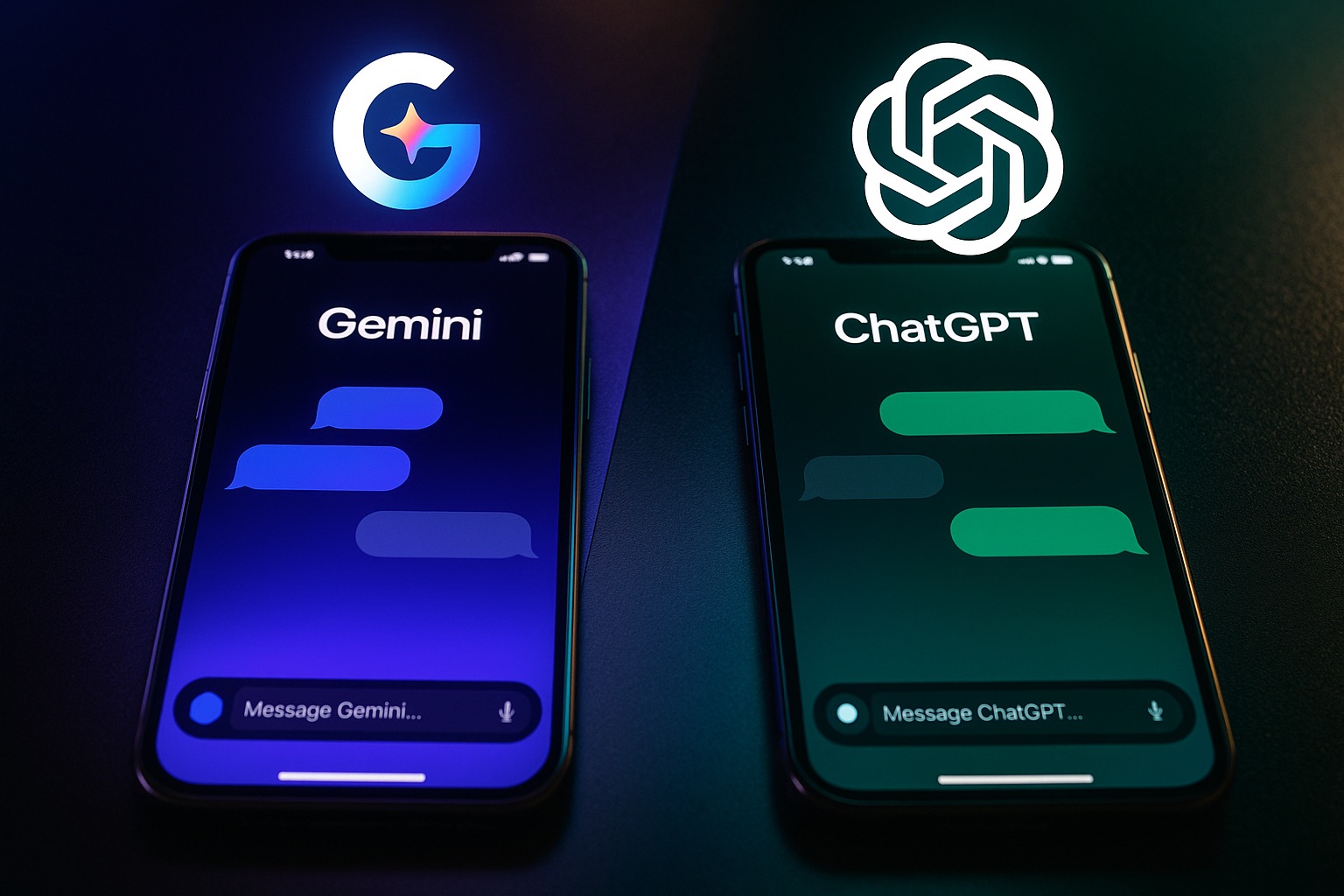

Post a comment